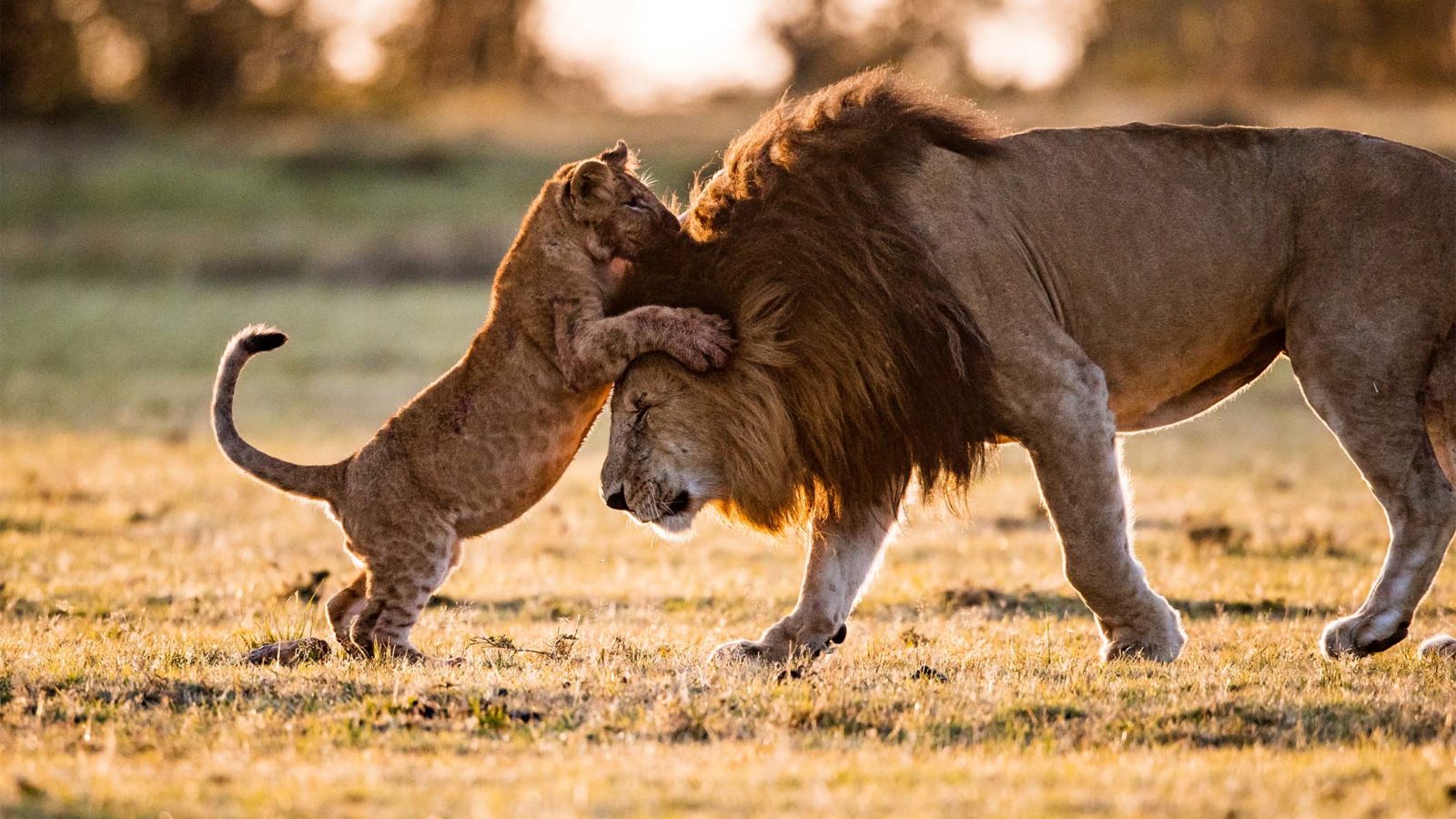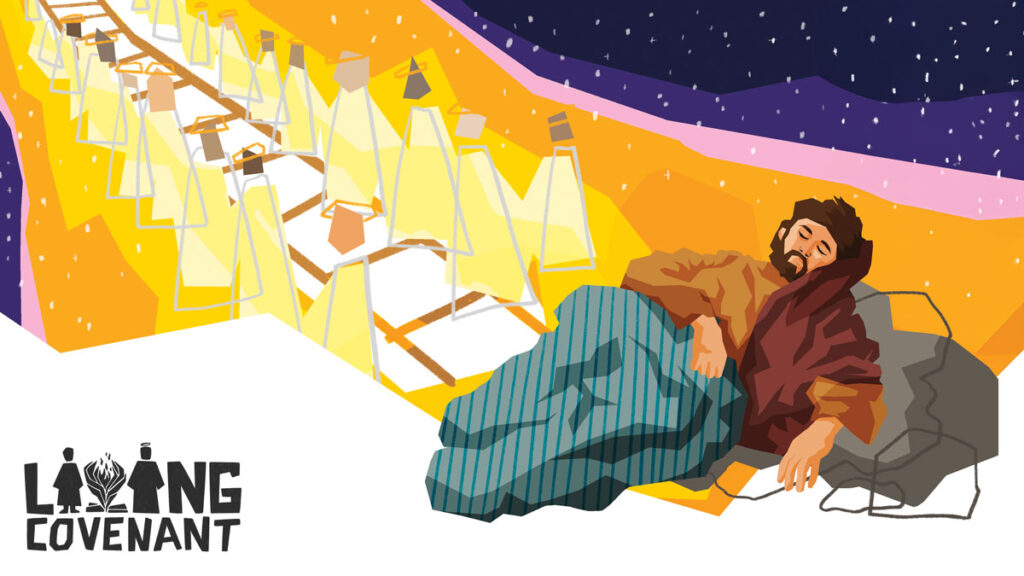Jacob’s was a fractious family. And no wonder, for his 12 sons were borne by four mothers and only one of these did Jacob truly love. Another was foisted upon him by the trickery of his father-in-law, and the other two mothers were maidservants and only wives for convenience.
But this article is about Judah. Was he Jacob’s firstborn son? No, in fact he had three older brothers: Reuben, the firstborn, followed by Simeon and Levi. Here I will endeavour to show that there were reasons why Judah is mentioned in the two ancestries of Jesus in Matthew and Luke, to the exclusion of all his other brothers, even Joseph.
To commence to establish the supremacy of Judah over his brothers, we need to go back to the murderous intent of most of them toward their somewhat innocent and naïve younger brother, Joseph. Jacob had sent Joseph to see how his brothers were doing with the sheep. Initially they had headed to Shechem but perhaps because the pasture there was not as lush as they had hoped, they went on to Dothan. A kind man directed Joseph to that area of Canaan.
While some distance away from his brothers, they realised who it was and most of them thought this would be an ideal time and place to finish this young brother’s dreaming once and for all. They wanted to kill him and throw his body into a pit and tell their father that a wild beast must have killed and devoured him. I said most of the brothers, for Reuben, the senior brother, remonstrated with them, telling them they must not kill him, but put him into a pit. He had plans to retrieve the young fellow and deliver him safely to his father. Shortly after, Reuben must have gone some distance away to check on their flocks for when he returned Joseph was not to be found, not in the pit or anywhere Reuben looked.
In the meantime it was Judah who had stepped into the breach in the absence of the eldest brother and suggested Joseph be sold to a passing caravan of Ishmaelites. He realised that while slavery was not a happy life at least it was an improvement on killing Joseph. Perhaps Joseph, Judah may have thought, may be able to escape and find his way back home.
So here we see the first instance of Judah acting as a saviour, on this occasion of his young brother.
Later, when the worst famine ever was wreaking havoc in that area of the world and Jacob had commanded his sons to go to Egypt to buy food (word had spread to surrounding nations), this was the second occasion when food supplies in their homes were running perilously low. Here again it was Judah who appeared to be the spokesman for his brothers, for he pointed out to his father that they could not buy food if they did not take Benjamin with them, as the premier of Egypt had demanded on their first visit (Genesis 42:15).
Jacob was petrified that if Benjamin was to go to Egypt he may not return and he would then be bereft of his only two sons by Rachel, the wife he deeply loved. Soon after, though, food supplies were almost exhausted, so Jacob told his sons to go back to Egypt and buy more food. Again, it was Judah who spoke to their father, emphasising that they would not be able to even see the great ruler of Egypt unless their youngest brother was with them. Jacob eventually relented and the sorry band of brothers headed off to Egypt again, fearful of what may happen to Benjamin when they met Egypt’s ruler. We see here again the role that Judah played as a human saviour, for Judah said that he would be surety for Benjamin, and that if he did not bring Benjamin back, the blame would be on Judah’s head forever (Genesis 43:2-9).
Soon after commencing the return journey to their home, it was found that Joseph’s personal cup was in Benjamin’s sack, necessitating the group return to Egypt with the armed guard that had pursued them.
Here again we find Judah acting as saviour, not only for his young brother, but for their whole group. In his rather lengthy representation to the mighty Egyptian ruler (Genesis 44:16-34), he said, “please let your servant remain instead of the lad as a slave to my lord and let the lad go up with his brothers”.
This is a strong precursor to the fact that Jesus Christ, our Lord and Saviour, was willing to take our place that we may go free. Perhaps it is now becoming clearer why Judah was chosen to be in the line of Jesus and why the Saviour became the Lion of the tribe of Judah (Revelation 5:5).
Shortly before Jacob died, he called his sons to come before him, for he wanted to tell them what would “befall you in the last days” (Genesis 49).
Jacob’s blessings to both Judah and Joseph occupy five verses. Of particular note is Jacob’s description of Judah as a lion, and central to his statement is verse 10: “The sceptre shall not depart from Judah, nor a lawgiver from between his feet, until Shiloh comes; and to Him shall be the obedience of the people.” Even Balaam was given an insight into the One who was to come, when he prophesied, “I see Him, but not now, I behold Him, but not near, a Star shall come out of Jacob; a Sceptre shall rise out of Israel” (Numbers 24:17).
Ellen White wrote this about Judah: “The crowning blessings of the birthright were transferred to Judah. The significance of the name—which denotes praise—is unfolded in the prophetic history of this tribe. The lion, king of the forest, is a fitting symbol of this tribe from which came David, and the Son of David, Shiloh, the true ‘Lion of the tribe of Judah’, to whom all powers shall finally bow and all nations render homage” (Patriarchs and Prophets, 236).
In the record in of Israel’s history, Chronicles, we find verification of the precedence Judah took over his brothers the statement we find in the first book, (5:2): “yet Judah prevailed over his brothers, and from him came a ruler, although the birthright was Joseph’s”.
While the honour of the birthright given to the firstborn son in those ancient times was an important custom for them, God takes into account more than an accident of birth in His dealings with us.
William Ackland is retired in Cooranbong (NSW) and has written eight books.






